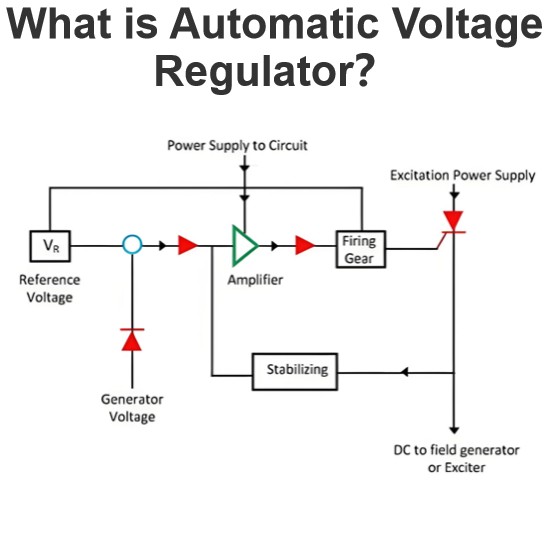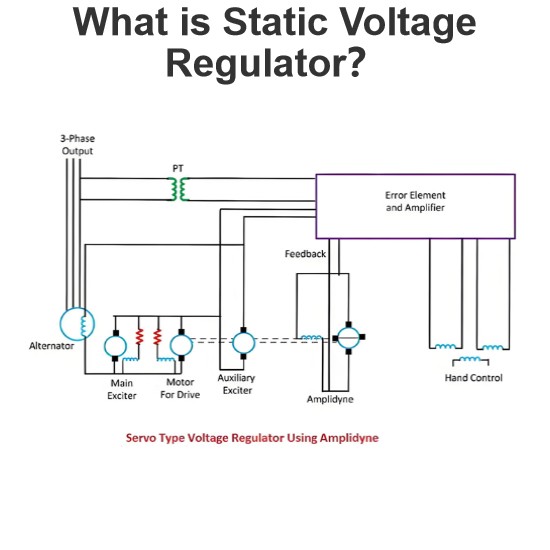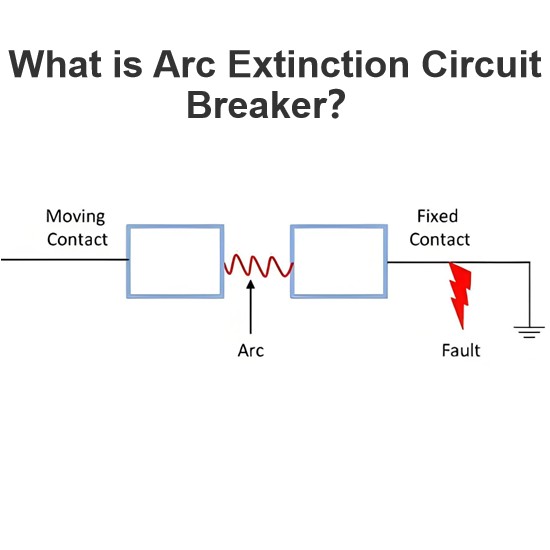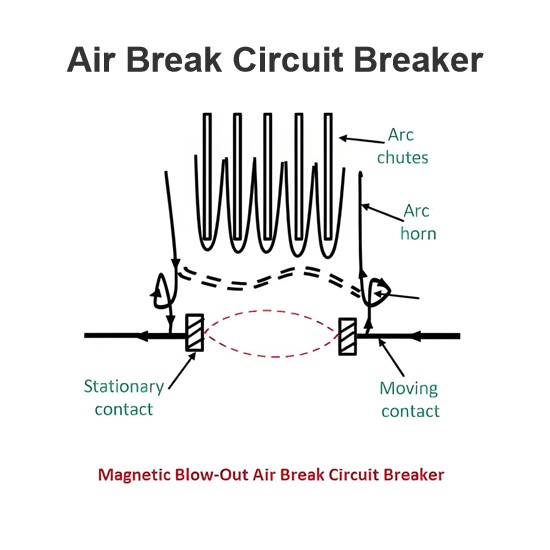What is the purpose of grounding in electrical systems?
Grounding in electrical systems serves multiple purposes, which can be primarily summarized into the following aspects:
Personal Safety Protection: Earthing prevents electrical equipment enclosures from becoming electrified due to insulation damage, thereby avoiding electric shock accidents when personnel come into contact with them. By connecting the metal parts of electrical equipment to the grounding electrode, even if the equipment's insulation fails, it ensures that current is diverted through the grounding path, reducing the risk of harm to personnel.
System Stability: In power systems, neutral grounding contributes to the stable operation of the system, prevents system oscillations, and ensures the reliability of relay protection. For instance, neutral grounding can reduce the insulation requirements for electrical equipment and lines, thereby cutting down on manufacturing costs and construction expenses.
Lightning Protection: Grounding is an important measure against lightning strikes. By setting up a grounding device, direct lightning strikes on equipment can be prevented, reducing the risk of overvoltage to both equipment and personnel.
Static Electricity Protection: In flammable and explosive environments such as oil terminals, grounding can prevent the accumulation of static electricity from causing fire or explosion hazards.
Electromagnetic Compatibility: Grounding can prevent electromagnetic interference and ensure the normal operation of electronic devices.
The Importance of the Environment in Oil Terminal
In an environment like an oil terminal, the importance of grounding is particularly highlighted due to several reasons:
Fire and Explosion Hazards: Oil terminals handle large amounts of flammable and explosive materials, and static electricity build-up is a potential source of fire and explosion. A good grounding system can dissipate static electricity into the earth in a timely manner, preventing dangerous static discharge.
Equipment Safety: Electrical equipment at the dock frequently comes into contact with oil and other chemicals. Grounding can prevent damage to equipment or injury to personnel due to electrical charges on the equipment's casing.
Compliance with Regulatory Requirements: Many countries and regions have laws and regulations that require effective grounding systems in facilities handling flammable and explosive materials to ensure safe operations.
To sum up, grounding plays a crucial role in electrical systems, especially in high-risk environments like oil terminals. It is irreplaceable for ensuring personnel safety, the stable operation of equipment, and compliance with regulations.
The Electricity Encyclopedia is dedicated to accelerating the dissemination and application of electricity knowledge and adding impetus to the development and innovation of the electricity industry.













